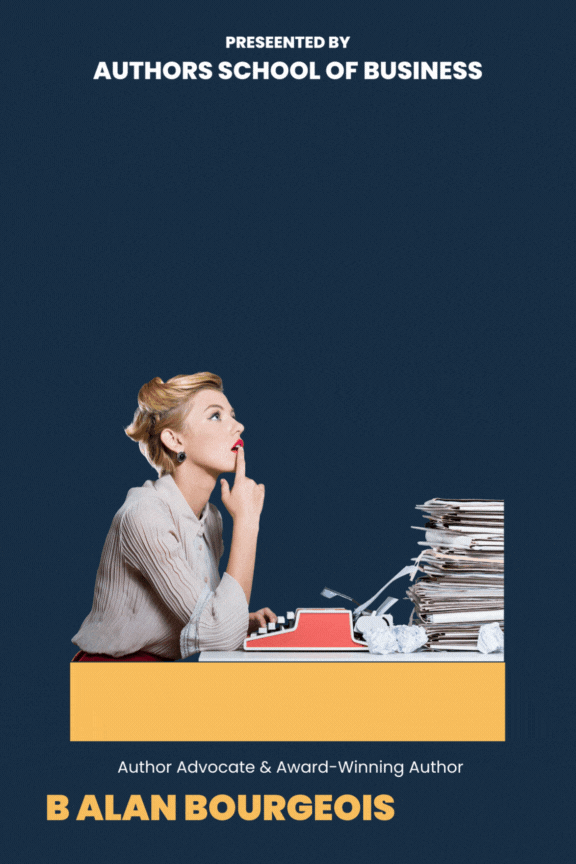Writing a book requires immense time and effort. Throughout the process, we revise and refine passages, sometimes even rewriting the entire manuscript, until it meets our vision. However, it is often the discerning eye of a professional editor that can uncover subtle flaws that may undermine the book and offer valuable suggestions to enhance its quality.
In this book, our aim is to provide a guide to help writers find the right editor, as it is crucial for a harmonious collaboration and the creation of a remarkable book. Above all, the writer must feel a sense of comfort and rapport with the editor, allowing them to work together seamlessly in elevating the writer's book to new heights.
Regardless of who reviews your book, it is always advisable to engage an experienced and skilled professional editor who can offer valuable insights. Not every suggestion will necessarily align with the writer's vision, but having fresh and impartial perspectives can prove immensely beneficial in refining what has been written.
1. Determine Your Editing Needs: Decide what type of editing you need before seeking an editor. Do you need developmental editing, copyediting, or proofreading? Each type of editing serves a different purpose and may require a different skill set.
2. Research Potential Editors: Look for editors who specialize in your genre and have experience editing similar work. Ask for recommendations from other authors or writing groups and search for editors online.
3. Check Their Credentials: Make sure your potential editor has the necessary credentials and experience. Ask for references and look at their portfolio to ensure they have the skills and expertise needed to help you improve your writing.
4. Consider Your Budget: Determine your budget before seeking an editor. Editing services can be expensive, so it's important to find an editor who offers services within your price range.
5. Communicate Clearly: Communication is key when working with an editor. Be clear about your expectations and goals for the editing process. Discuss timelines, rates, and any concerns you have upfront.
6. Respect Their Expertise: Remember that the editor is a professional with expertise in editing. Be open to their suggestions and recommendations, and trust their judgment.
7. Be Open to Feedback: Be prepared for feedback that may be critical of your writing. Remember that feedback is intended to help you improve your work and become a better writer.
8. Be Patient: Editing takes time, so be patient with the process. Don't rush the editor or expect immediate results. Allow time for thorough editing and revision.
9. Review Edits Carefully: Review the editor's changes and suggestions carefully. Ask for clarification on any changes you don't understand and make sure the final product is a true reflection of your vision for the work.
10. Maintain a Positive Relationship: A good editor can become a valuable partner in your writing journey. Maintain a positive relationship by showing appreciation for their work and being respectful of their time and expertise.
For more detailed information on each of the steps above, you can view my book "Top Ten Steps to Finding the Right Editor" available at your favorite bookstore in print, eBook, or audiobook.

